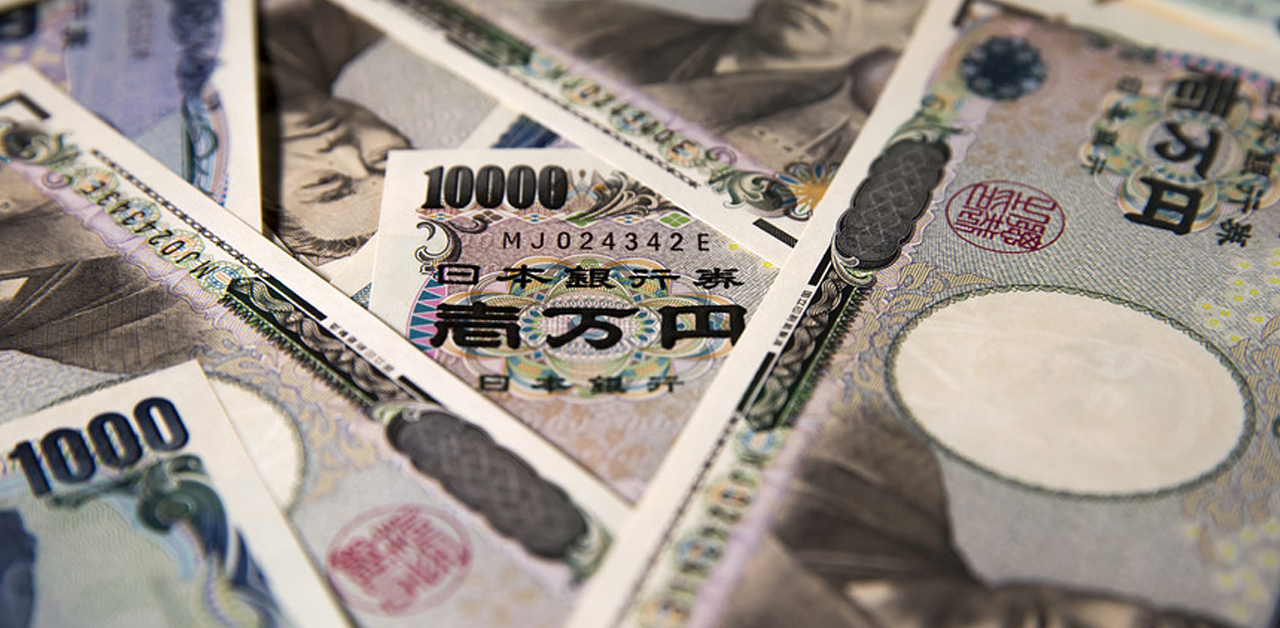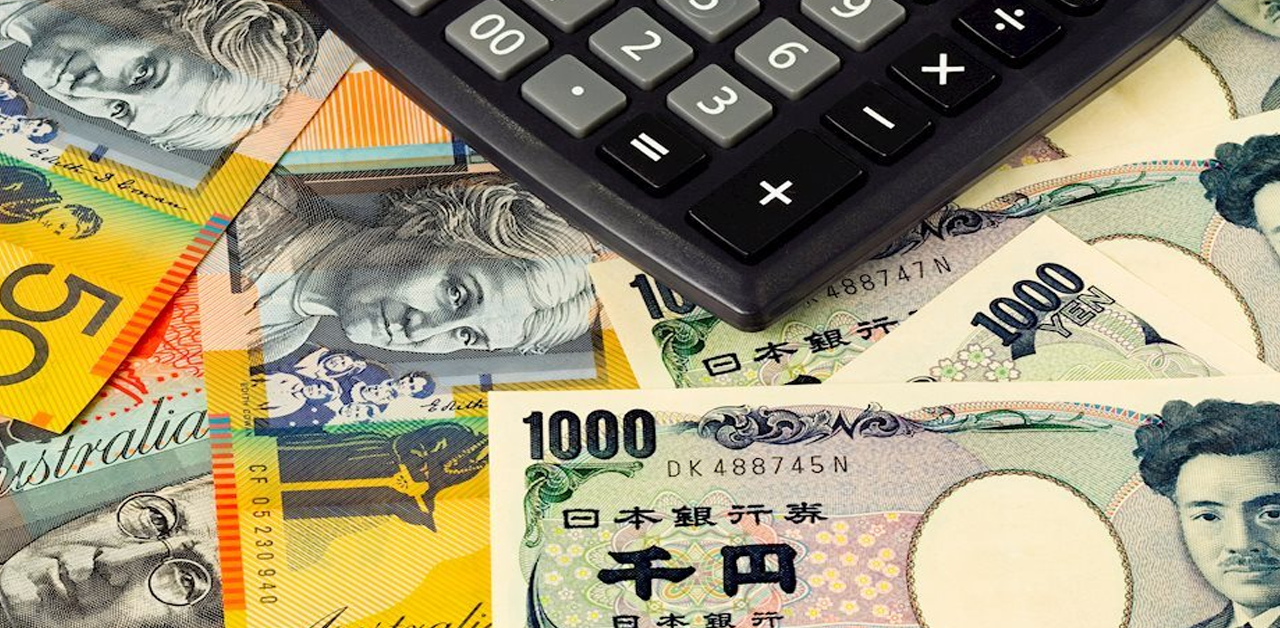Starting your small trading journey with a small account might feel like a disadvantage, but that feeling comes from focusing on the wrong things. In today’s lesson, we’ll explore why your account size doesn’t dictate your success and how shifting your mindset can help you become a profitable trader, regardless of your starting capital.
The Myth of Needing More Money
One of the most common misconceptions in trading is that having more money will make you profitable faster. Sure, in the short term, you might score a big win on a large account, but if you don’t know how to manage your trades effectively, you’ll likely give it all back. Real profitability should be measured over six months to a year, not a few lucky weeks.
The bottom line is this: if you can’t trade profitably with a small account, you won’t be able to do so with a large one either. In fact, more money often means greater risk, which can lead to larger losses if you don’t know what you’re doing.
Focus on the Right Things
I understand how frustrating it can feel when you think that having more money would solve your trading challenges. However, simply having a bigger account won’t magically improve your results. Imagine giving a $100,000 trading account to someone with no experience—they’d likely lose half of it in a few months. Similarly, if you don’t master your trading strategy, having more money won’t help. The problem isn’t the size of your account; it’s your approach to trading.
In fact, trading with a small account can be a blessing. You have the opportunity to learn and make mistakes on a smaller scale, reducing financial and emotional stress. Use this time to develop the discipline and habits you’ll need when trading larger amounts.
Change Your Mindset
The first step to successful trading is changing your mindset from “I want to make a lot of money” to “How can I make a lot of money?” This subtle shift will refocus your attention on the right things: learning to trade properly, building a sound strategy, and following a well-structured plan.
Think about it—if you already had a big account, your focus wouldn’t be on wishing for more money. Instead, you’d be working on refining your trading skills. So, act as if you already have a big account by concentrating on trading correctly, not just chasing profits.
Your trading mindset needs to shift from being motivated by money to being driven by the process of becoming a good trader. Success in trading isn’t about how much money you start with—it’s about how well you understand the markets and stick to your plan.
Practical Tips for Trading a Small Account
Here’s where the real work begins. If you’re going to trade like a professional, even with a small account, you’ll need to accept certain realities:
- Trade like a sniper: You won’t take many trades. Instead, you’ll be selective, waiting for high-probability setups.
- Manage risk: Small accounts require smaller position sizes if you want to manage risk properly. This is crucial to avoid large drawdowns that could wipe out your account.
- Focus on the process, not profits: Right now, your goal should be to build proper trading habits—staying disciplined, patient, and following your strategy to the letter.
- Avoid the “recovery” mindset: Don’t focus on trying to win back your losses. This mindset leads to over-trading and more losses.
Why It’s Challenging to Build a Small Account
Building a small account can feel frustrating, especially when progress is slow, and losses seem to wipe out your gains. But part of the solution is learning how to hold onto profits. Avoid the temptation to over-trade or let greed take over just because you had one winning trade. Imagine you were managing a $100,000 account—if you made $10,000 on a trade, how would you feel if you gave it back immediately? The same logic applies to small accounts.
Learning to protect your profits on a small scale prepares you to manage larger sums in the future. Think of this phase as training for bigger opportunities.
Conclusion
Trading with a small account is not a disadvantage, especially if you’re still learning the ropes. The size of your account does not determine your trading skill or potential for success. Yes, a larger account allows for bigger trades and potentially higher profits, but if you don’t know how to trade effectively, no amount of money will make you successful. Focus on developing good habits, refining your strategy, and mastering the process. The money will follow.












